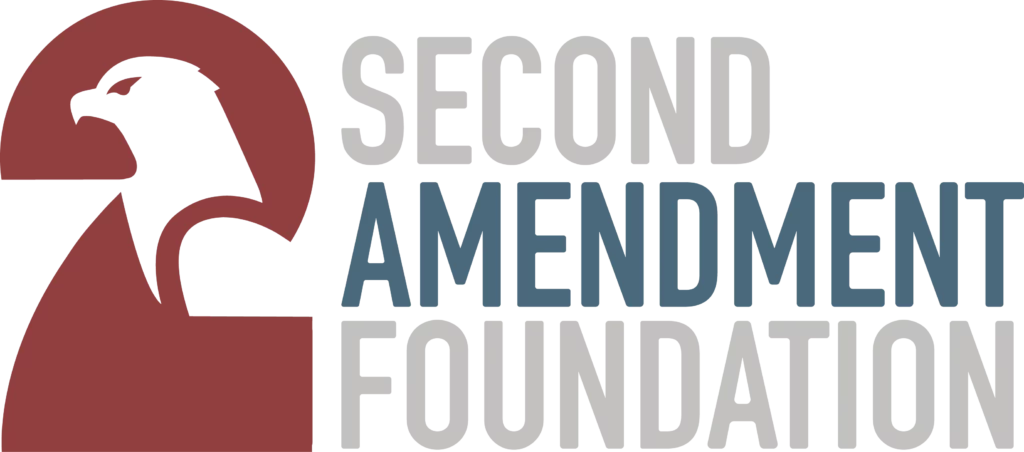BELLEVUE, WA – The Second Amendment Foundation today revealed that it is considering legal action to force authorities in the State of Illinois to speed up the application and renewal process for concealed carry licenses, following a report by WMAQ in Chicago about the length of time citizens must wait for their licenses.
“A right delayed is a right denied,” said SAF founder and Executive Vice President Alan M. Gottlieb. “We are considering taking legal to end this abuse of process.”
According to the report, it is taking from 120 to 140 days for the State Police to process license applications when it should be taking between 90 and 120 days. Currently, nearly 34,000 first-time and renewal CCL applications are being processed. The state has almost 301,000 CCL holders, and those who obtained their licenses in 2013, when the law first took effect, need to renew.
“The Second Amendment Foundation’s successful lawsuit forced Illinois to pass their concealed carry license law,” Gottlieb recalled. “Now the slow process is discouraging people from exercising their rights.”
The State Police Firearms Services Bureau reportedly has only five staffers designated to handle about 20,000 phone calls a week. Gottlieb said that is simply unacceptable in a state where revenue from CCL applications and renewals runs into the millions of dollars.
“In neighboring Indiana,” Gottlieb said after viewing the WMAQ report, “authorities process licenses in less than 60 days and in Wisconsin, they do it in five days on the average.
“This isn’t about serving the public,” he observed, “it’s about discouraging the public. It doesn’t take a degree in mathematics or economics to realize there is a growing demand for carry licenses, but the resources clearly are not being provided to meet that demand, and we think it’s deliberate.
“This especially impacts gun owners in the Chicago area, where demand is the highest,” Gottlieb stated. “If the General Assembly and state police don’t care to allocate the necessary resources to solve this problem, we may ask the courts to make them do it.”

